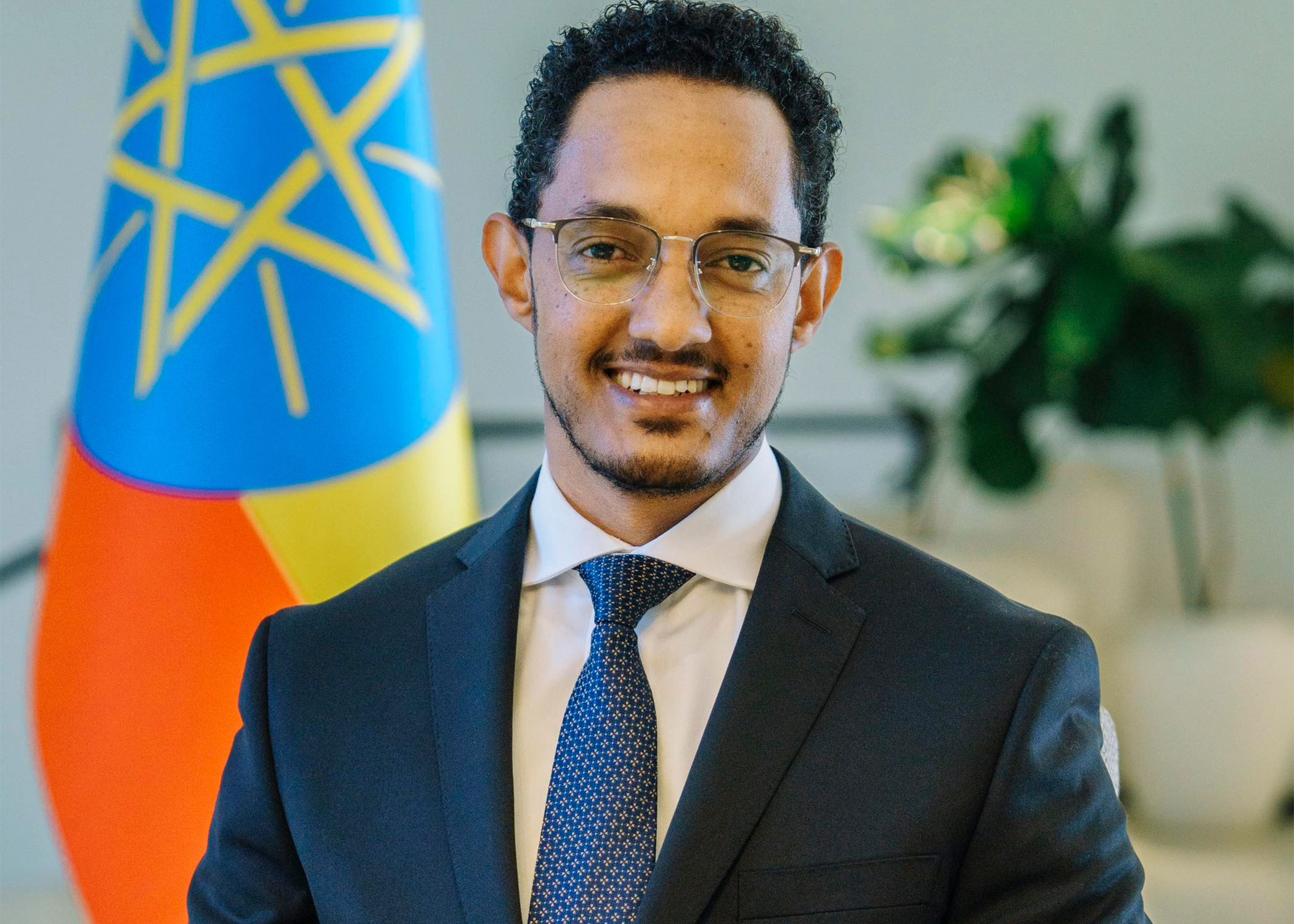

The Ministry of Water & Energy has signed a contract valued at over 110 million Br to oversee urban sanitation initiatives under the Water Development Fund’s program. The agreement was awarded to a consortium comprising SWS and SRL Consultants in partnership with Metaferiya Consulting Firm. The consortium will be responsible for supervising, administering, and providing training for sanitation works in six cities: Ararti, Enjibara, Butajira, Hosanna, Burayu, and Fiche. The scope includes sludge treatment plants, decentralized wastewater systems, and public sanitation facilities. The contract was signed by State Minister Asfaw Dingamo (PhD) and Giancarlo Chigarini, Managing Director of Metaferiya Consulting. Asfaw emphasized the project’s importance in addressing urban sanitation challenges through enhanced transparency and coordination. Chigarini highlighted that this marks their first collaboration with the Ministry and assured that the consortium is committed to delivering the project on time and to the highest standards. Funded by the Government of Italy, the one-year initiative supports broader efforts to improve urban sanitation through global partnerships and structured implementation.
[ssba-buttons]